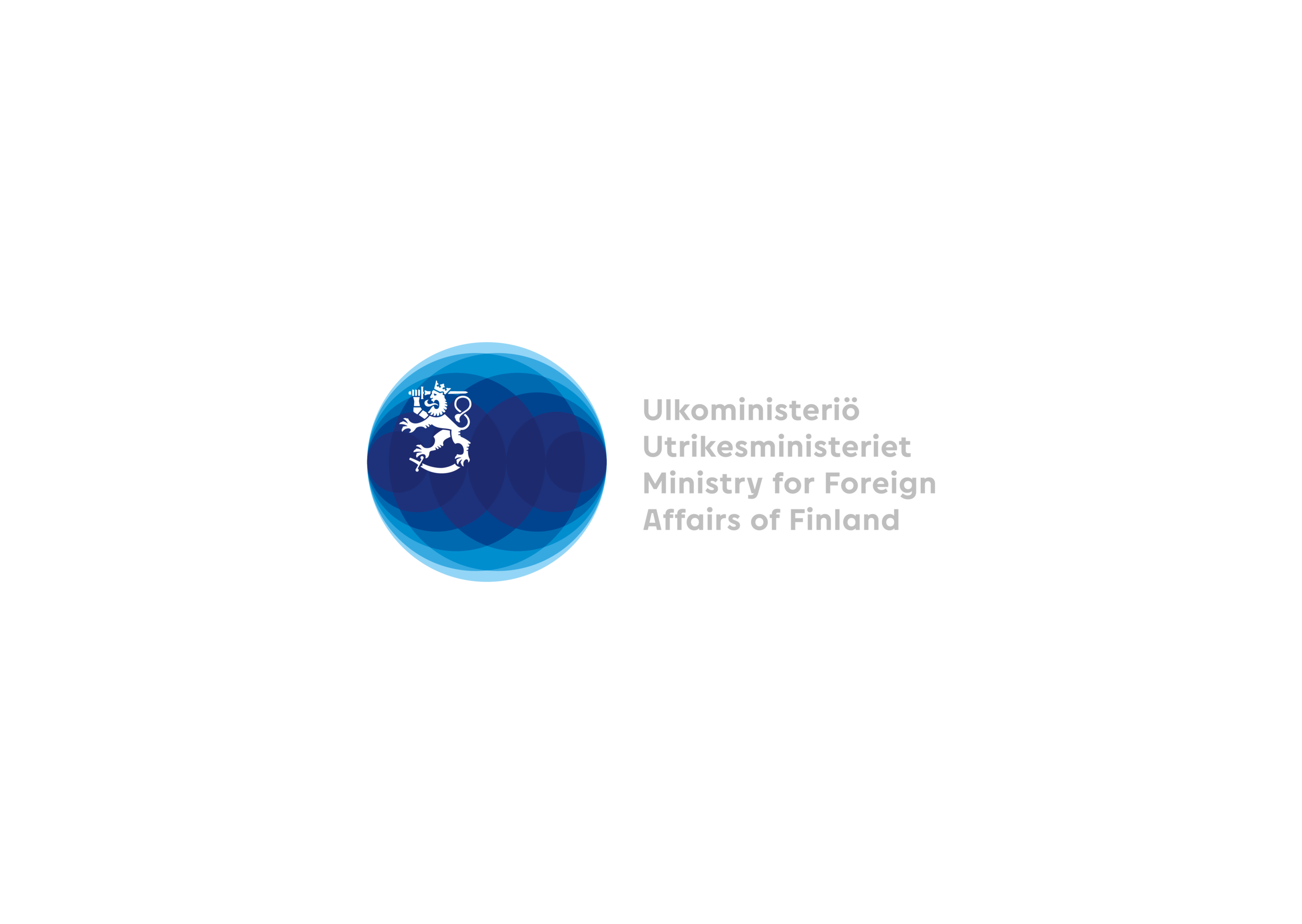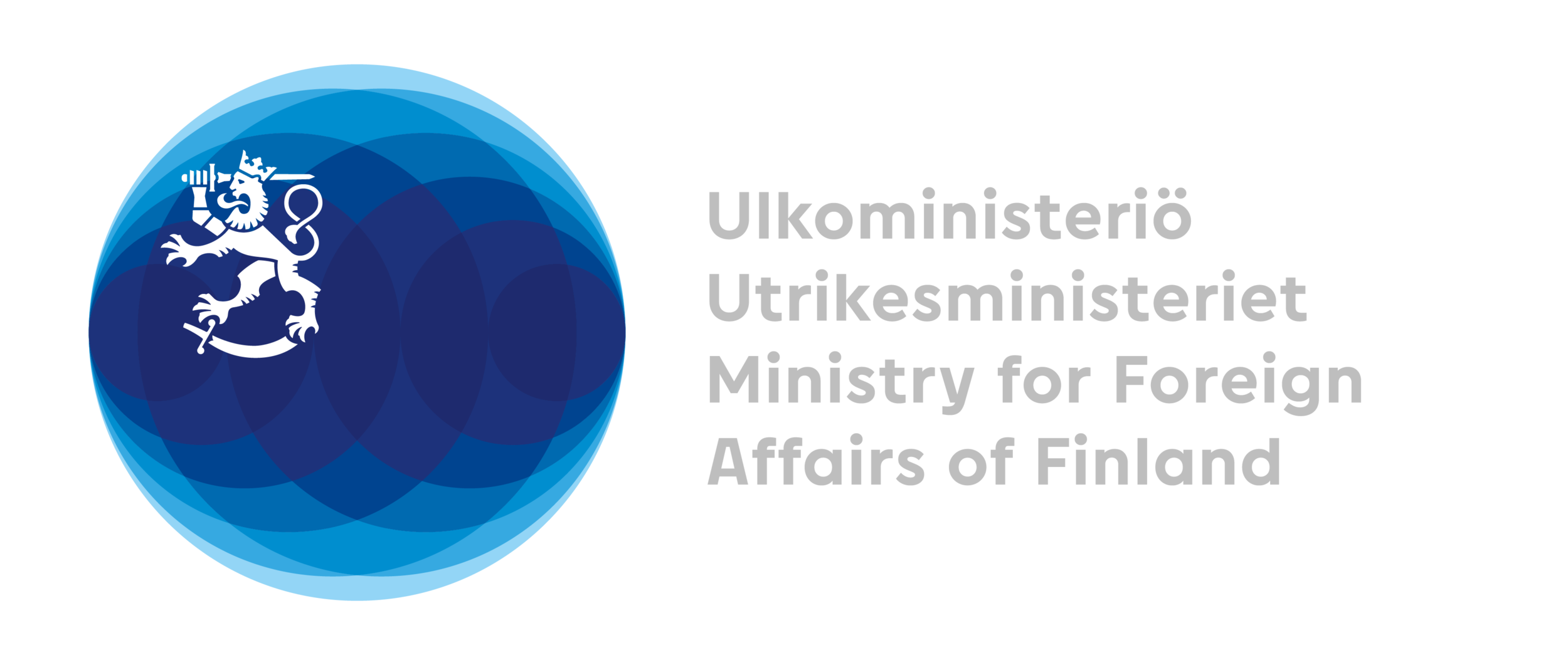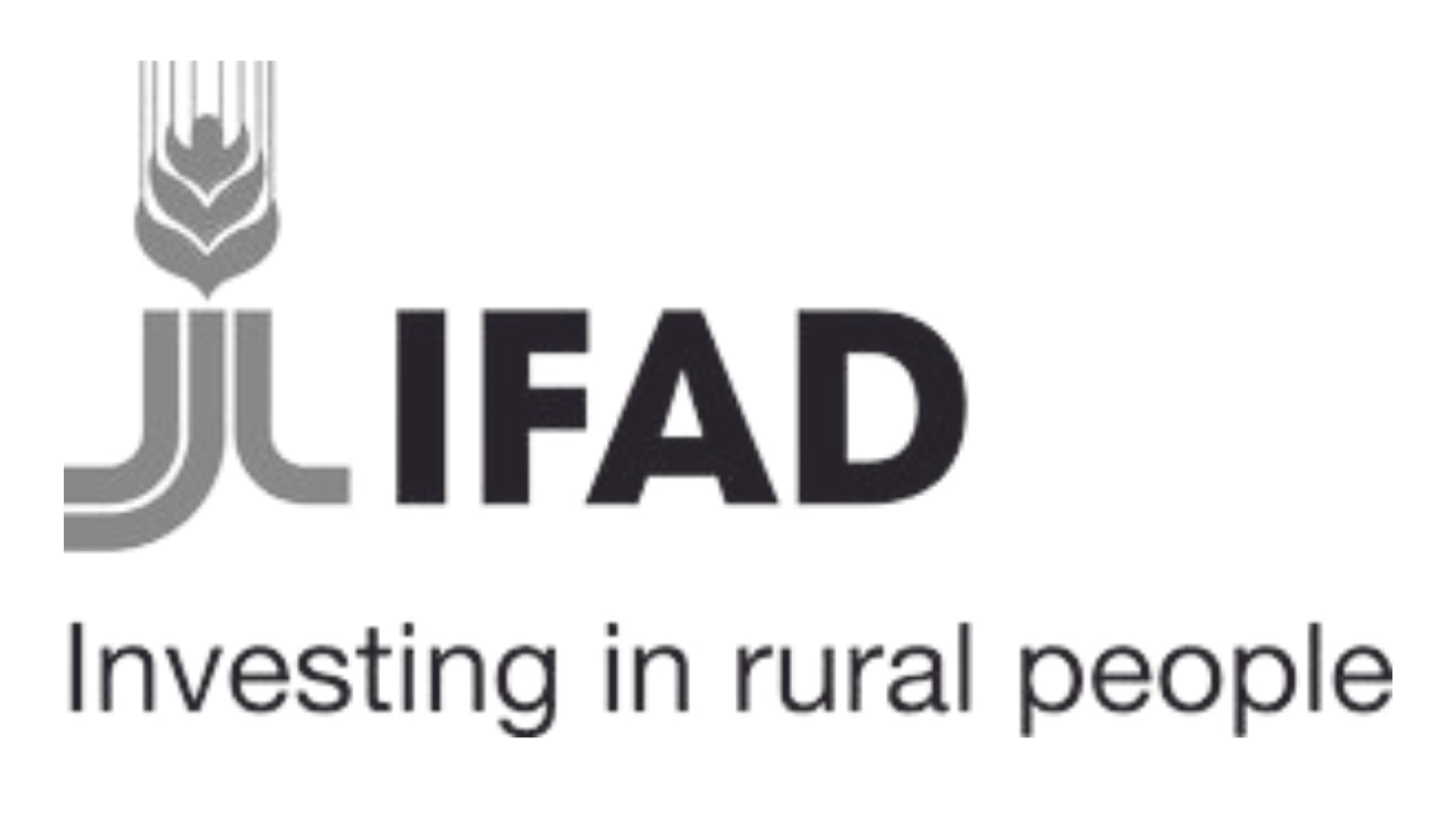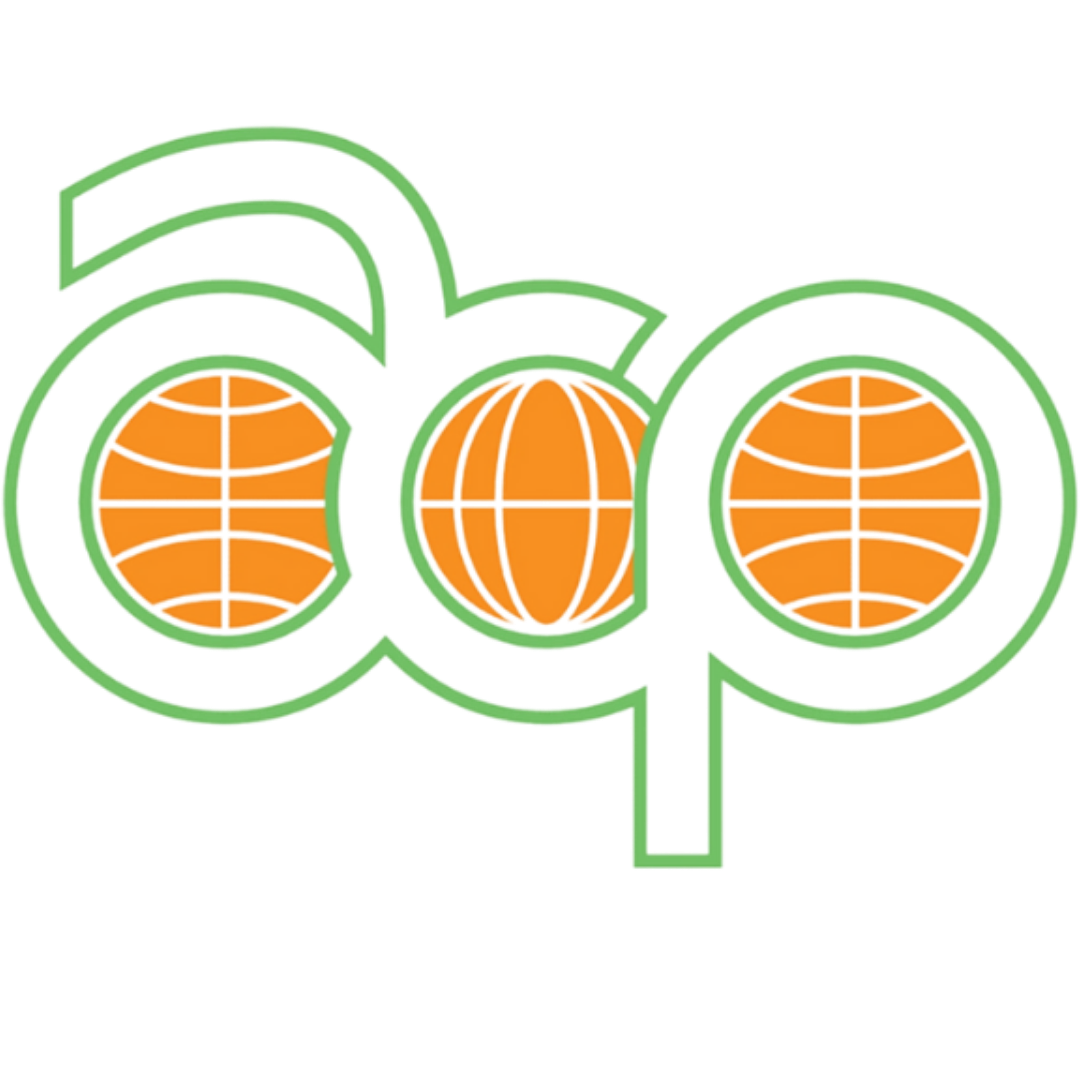The GLOBALG.A.P. certificate is an internationally recognised “trademark and set of standards for good agricultural practices”. Apart from its primary objective of ensuring food safety, the standard holds potential for improved environmental sustainability within food supply chains and horticulture farming. The Finnish Agri-agency for Food and Forest Development (FFD) and Tanzania Horticultural Association (TAHA) have been jointly developing Tanzanian horticulture since 2012 and have identified a need for improved Quality Assurance (QA) to meet national and international quality requirements and to ensure positive economic development for small-holder farmers. This has culminated in a collaborative project by FFD and TAHA: “Quality Standards for Enhanced Market Access for Small-holder Farmers in Tanzania”, implemented in 2021-24 with funding from the Ministry for Foreign Affairs of Finland. The project aims at GLOBALG.A.P. certification in horticulture farming in Tanzania to support market access, improve livelihoods of local smallholder farmers and farmers’ organisations (FO), and to promote sustainable farming practises. But to what extent is the certificate efficient in promoting environmental sustainability?
The GLOBALG.A.P. Integrated Farm Assurance (IFA) Standard for crop production includes specific criteria, which producers must comply with to become certified. In terms of environmental sustainability, three aspects specifically are of interest: water use efficiency, soil health, and integrated crop and pest management.
Freshwater is a scarce natural resource - it only represents 2.5% of all Earth’s water with only 0.3% available for consumption (rest is locked in ice). As 70% of the world’s freshwater resources are used for agriculture, a shift in water management is critical to respond to increasing demand and shortages in the context of climate change. As a result, GLOBALG.A.P. expects food system stakeholders to “provide evidence documenting their efforts to manage water risks and promote sustainable practices”. The criteria includes several ‘major musts’ that producers have to abide by to become certified. Producers must conduct a risk assessment that identifies the environmental impacts of their water sources, distribution system, and irrigation uses. They must also implement an action plan, approved by the farm management within the previous 12 months, to ensure efficient use and application of water usage. This includes identifying the location of water source(s), flow of the water system, assessment of irrigation system(s) and equipment.
GLOBALG.A.P. also offers SPRING, a voluntary farm-level add-on certificate, to complement the basic certificate. It offers further criteria to monitor water consumption and the impact on sustainable watershed management to protect water sources, identify best practices, and apply them to demonstrate continuous improvement. The add-on creates incentives for producers to develop sustainable water management, as they can earn an additional certificate that enhances their representation in supply chains and markets.
In addition to water efficiency, GLOBALG.A.P. promotes soil health. The criteria include a soil management plan where producers must demonstrate consideration of nutritional needs of crops and soil fertility by conducting regular calculations for harvested crops. Producers should also implement crop rotation for annual crops to improve soil structure and minimise soil-borne pests, with evidence of applied techniques, such as deep-rooting green crops, subsoiling, and avoiding in-row ploughing. Producers should also prevent soil erosion from water or wind by e.g., mulching and planting trees/bushes on borders of sites. Healthy soil is the basis of food production and forms the foundation for food security. Intensive crop production can deplete the soil, jeopardizing future yields and productive capacity, which means that sustainable practices are essential to ensure continued production and food security. In Tanzania, where erratic weather conditions are increasingly more prevalent, healthy soil can help food systems adapt to challenging climates.
As a third environmental focus, the GLOBALG.A.P. targets an integrated crop and pest management (IPM) approach in crop production. This includes reduction of chemical fertilisers and pesticides, and an integration of organic principles, in comparison to more ‘traditional’ intensive agriculture. IPM helps producers develop pest control techniques that minimise risks to human health and the environment while maintaining sufficient levels of yields. The certificate requires regular monitoring of fertiliser use that directs producers to optimise their use of inputs. This is beneficial not only in reducing the emissions from fertiliser and pesticide production, but also in protecting local ecosystems through the optimised use of resources. Especially in small-holder farming, which the project by FFD and TAHA targets, the production inputs are many times limited, so an optimised use of inputs and disposal, e.g., of pesticide product packages, is critical in ensuring environmental sustainability.
A challenge that lies in ensuring environmental sustainability from the GLOBALG.A.P. certificate is a question of accessibility. How effectively and sustainably can small-holder farmers follow and comply with the certificate’s criteria? And how well can they attain the certificate in the first place? GLOBAL.G.A.P. does also provide a lighter alternative model, localg.a.p., which is a capacity-building tool “to be applied as a local standard for agricultural supply chains in emerging markets” and to help farmers develop good agricultural practices. FFD and TAHA’s ongoing project in Tanzania also targets capacity development and supports awareness and tools for Quality Assurance (QA) for small-holder horticulture farmers. The project aims to improve their influential role in society and ensure more resilient rural communities. The expertise communicated by GLOBALG.A.P. promotes environmental sustainability, and when implemented together with capacity support for small-holders, such as through the project by FFD and TAHA, the certificate can effectively promote environmental sustainability in food systems.
Iida Lehto
Master’s candidate in Development Studies, the Graduate Institute Geneva
The writer of this article studies at the Graduate Institute Geneva in Switzerland and volunteered at FFD.
’Quality Standards for Enhanced Market Access for Small-holder Farmers in Tanzania’ has received funding from the Finnish Ministry for Foreign Affairs in 2021-2024.












